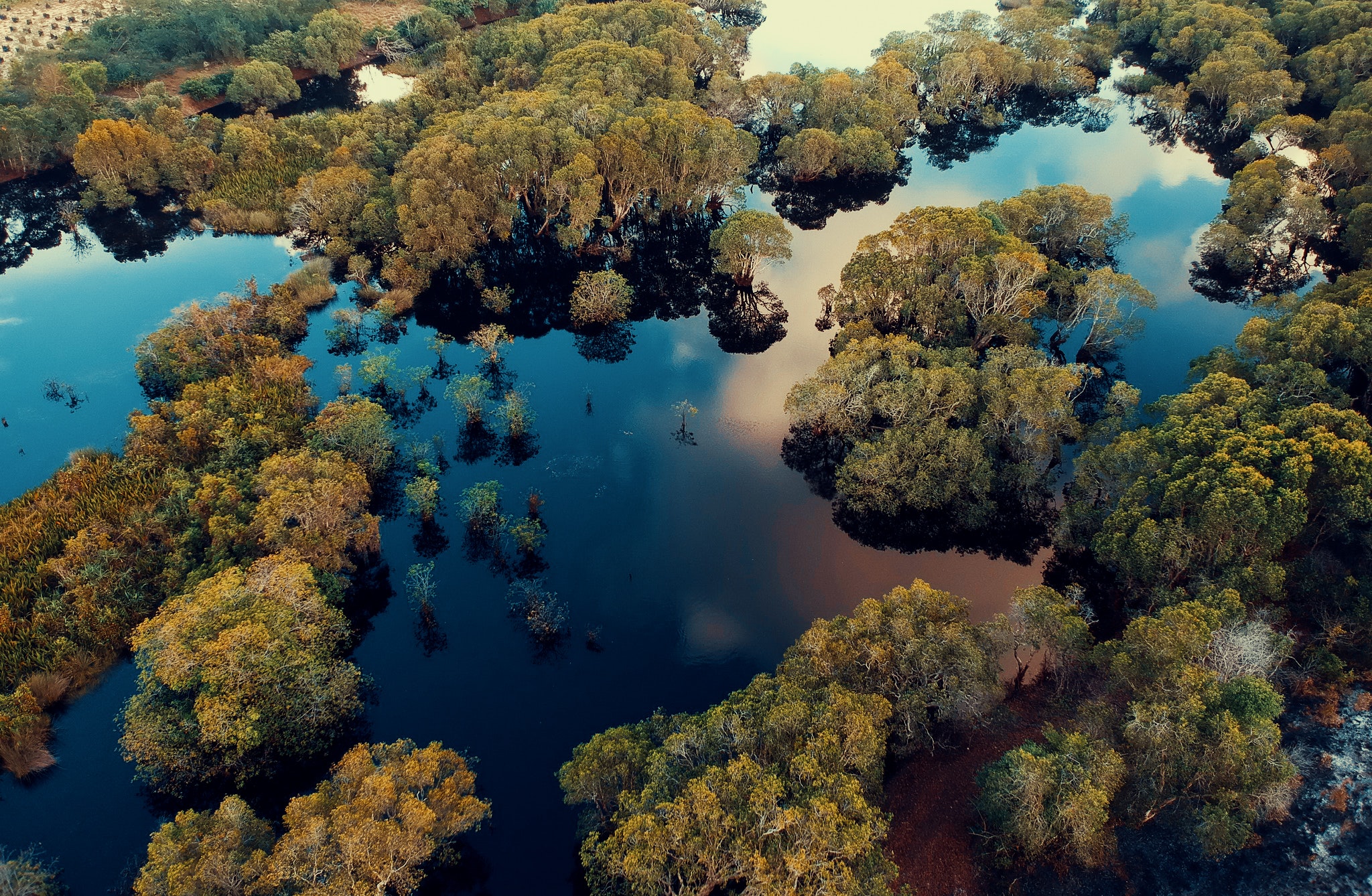Opportunities

The Landscape Ecohydrology Group is currently not accepting applications for graduate students for Fall 2025
Graduate Positions
The following funded positions below are closed. If you are a potential graduate student with your own funding or would like to apply in a future year, please contact Dr. Cheng directly.
Closed Positions (Fall 2024)
Position 1: Quantifying the role of ‘biogeochemical hotspots’ (e.g. wetlands, riparian zones, etc.) in modifying water quality at watershed scales. Potential research areas could include: estimating changes in landscape biogeochemical cycles due to hydrologic extremes; quantifying how different management strategies of wetlands, reservoirs and/or riparian zones affect nutrient and contaminant fluxes to downstream waters, etc.; using machine or deep learning models to predict occurrences of algal blooms
Position 2: Quantifying the co-benefits and trade-offs between ecosystem functions under changing environmental conditions and anthropogenic pressures. Potential research areas could include: developing/using process-based models coupling hydrologic and biogeochemical processes; quantifying trade-offs between carbon storage, greenhouse gas emission, water quality improvements, etc. of different biogeochemical hotspots; exploring how combinations of different hotspots can enhance watershed biogeochemical functions.
Required/Preferred Qualifications
Successful applicants should:
have or be completing an undergraduate degree in environmental science or engineering, hydrology, biogeochemistry, aquatic sciences, geosciences, physical geography, data science, or related fields (a master’s degree in one of the listed fields would be highly desirable);
Have experience in, or have strong interest in developing skills in, many of the following: scientific computing (in one of R, MATLAB, Python), data science, geospatial analysis, statistical modelling and/or deterministic modelling.
Past research experience is beneficial, but not required.
Both positions will be funded by research and teaching assistantships, which will include a competitive stipend, tuition waiver, and insurance benefits. The PhD program within the Graduate School of Arts and Science guarantees five years of funding. Office space, computing resources, and travel funds will be provided.
How to Apply
The funded positions above are closed. The following instructions below is only for informational purposes only.
If you have questions and/or are interested in joining our group, please contact Dr. Frederick Cheng as soon as possible with the subject line “Prospective graduate student - <Your name>”. Preliminary contact by Nov 1 is preferred so that we can chat to see if the position will be a good fit. All qualified applications reaching out prior to Nov 1 will be considered; however, only applicants selected for interviews will be contacted. Students from underrepresented groups in environmental sciences are highly encouraged to apply. Please include the following in your email:
- A copy of your CV
- A brief description of why you are interested in joining our group
- A brief description of any prior research activities, and/or relevant skills (please note that direct research experience, and the listed skills above are not required for admission)
- A brief summary of your current and future career/educational interests
Formal applications to the University of Virginia are typically due ~January 15 for the fall term of the same year, but sponsorship by a faculty member is essential. See https://evsc.as.virginia.edu/prospective-graduate-students for further information on the formal application process.
Undergraduate Opportunities
Gaining research opportunities is a great way to apply skills and concepts from coursework towards complex problems. Research experience is also helpful in determining if you want to go to graduate school or pursue a career in research.
Undergraduate researchers can join the Landscape Ecohydrology group in two ways:
as a paid research assistant. Depending on the current needs of the group, tasks will be in support of the current research activities and can be on or more of the following: literature review, data processing, data visualization, running models/code, exploratory data analysis, etc. Some familiarity with a computational language (R, Python, MATLAB, etc.) is recommended, but further guidance will be provided.
as part of an academic course/thesis. You can either work on a project in support of current research activities in the group, OR work on an independent project. Students wishing to pursue an independent project (such as for the Distinguished Majors Program) or continue their work into a student thesis are highly encouraged and should contact Dr. Cheng early in advance to discuss possible research projects.
Undergraduate research positions will be periodically available. Interested students should contact Dr. Cheng with the subject line ““Prospective undergraduate student - <Your name>”.
